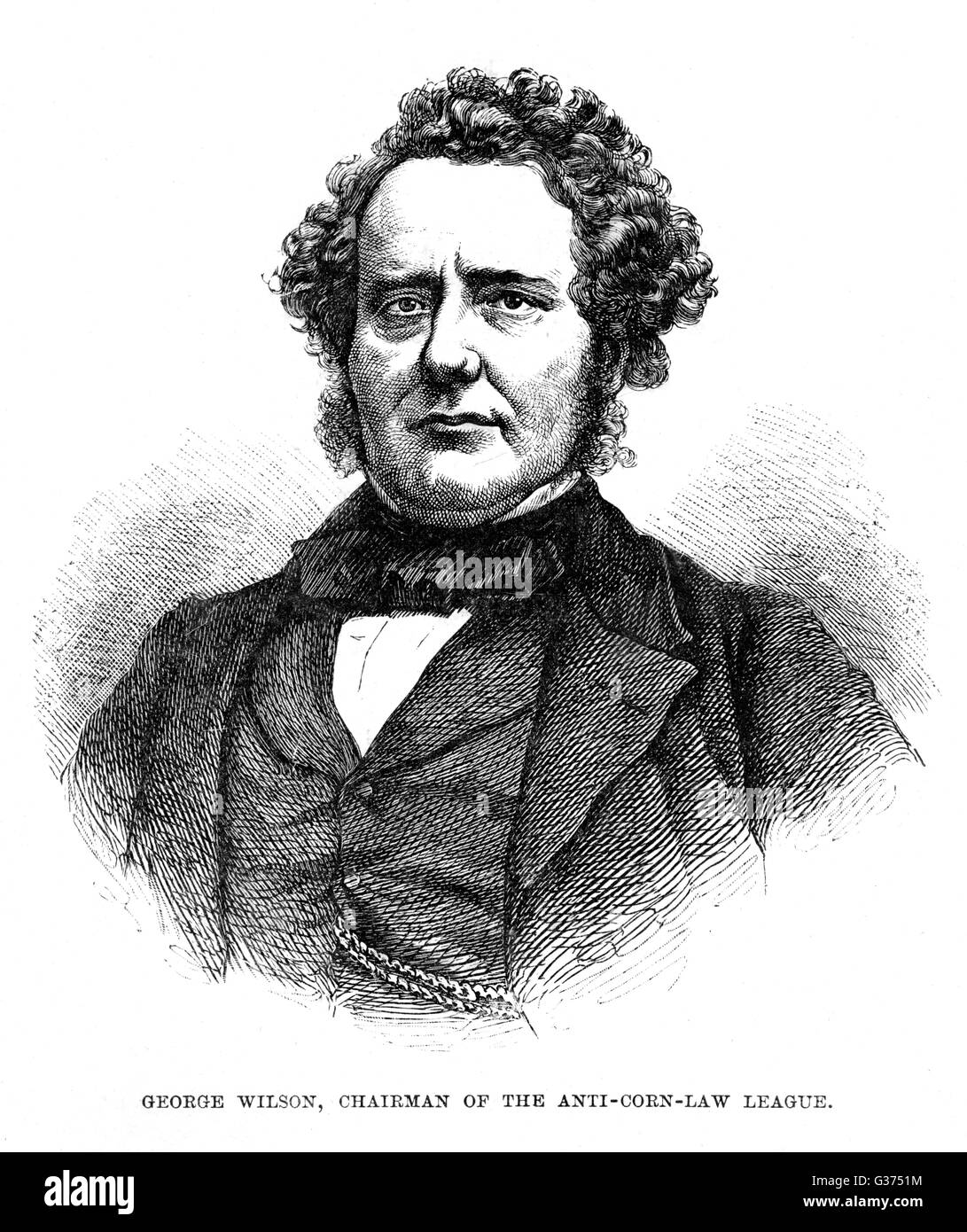Gawain Rushane Wilson's story is one that captures both the heartbreak and complexity of human nature. His journey, marked by tragedy and violence, serves as a stark reminder of the importance of understanding and addressing mental health issues and domestic violence. This article delves into the events surrounding his life and actions, shedding light on the circumstances that led to a series of devastating outcomes.
As we explore the intricate details of Gawain Rushane Wilson's life, it becomes evident that his story is not just about the individual but also about the societal factors that contribute to such tragedies. By examining his experiences, we aim to uncover lessons that can help prevent similar occurrences in the future. This narrative highlights the critical need for awareness and intervention in cases of domestic violence and mental health crises.
The Tragic Tale of a Sailor Turned Killer
Gawain Rushane Wilson, at 28 years old, became infamous for a series of murders that shocked Jacksonville. On that fateful day, Wilson took the lives of his twin daughters, Megan Hiatt, and her grandfather before ultimately taking his own. The incident unfolded when Wilson shot Megan Hiatt, who was 22 years old, leaving behind a community grappling with grief and questions about what could have been done differently.
Christine Jacobs, a neighbor, recounted confronting Wilson after witnessing him dumping a nearly naked woman onto the street. Her bravery in demanding he hand over the woman's clothes underscores the tension and fear that permeated the neighborhood during this harrowing event. The chilling scene painted by witnesses reveals the escalating nature of Wilson's actions leading up to the tragic climax.
This sequence of events left an indelible mark on the community, prompting discussions about the warning signs that may have been overlooked. It highlighted the urgent need for better support systems and interventions to address the underlying issues contributing to such violent outbursts.
Addressing the Root Causes of Domestic Violence
In 2013, Gawain Rushane Wilson, then 25 years old and serving in the Navy, participated in group therapy sessions aimed at addressing behavioral issues. These sessions brought together individuals dealing with similar challenges, fostering an environment where they could share experiences and seek solutions. However, despite these efforts, the path to curbing domestic violence remains fraught with obstacles.
The men gathered in those rooms, sitting side by side in folding chairs, represented a collective struggle against violent tendencies. Some stretched their legs while others cast their eyes downward, reflecting the internal battles each faced. This shared experience underscored the importance of ongoing support and intervention in preventing future incidents of domestic violence.
While these programs offer valuable resources, they often fall short in reaching those most in need. The challenge lies in identifying at-risk individuals early enough to intervene effectively, ensuring that the cycle of violence does not continue unchecked.
A Mother's Heartbreaking Testimony
Megan Rose Hiatt, 22, endured unimaginable horror as she watched her boyfriend, Gawain Rushane Wilson, commit unspeakable acts of violence. Forced to hold their five-month-old twins, Hayden Rose and Kayden Reese Hiatt, she witnessed their deaths at Wilson's hands. Adding to the tragedy, her father, Travis James Hiatt, also lost his life in the same brutal attack.
The aftermath of this horrific event saw Megan opening up about the murder-suicide, sharing her pain and the red flags that preceded it. Her willingness to speak out provides crucial insights into the dynamics of abusive relationships and the importance of recognizing warning signs early on.
Through her testimony, Megan aims to raise awareness and advocate for stronger measures to protect victims of domestic violence. Her courage in recounting this harrowing experience serves as a powerful call to action, urging communities to take proactive steps in preventing such tragedies from occurring again.

